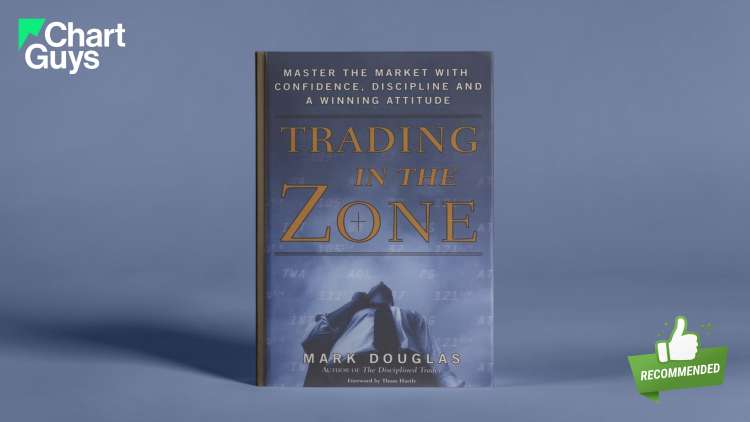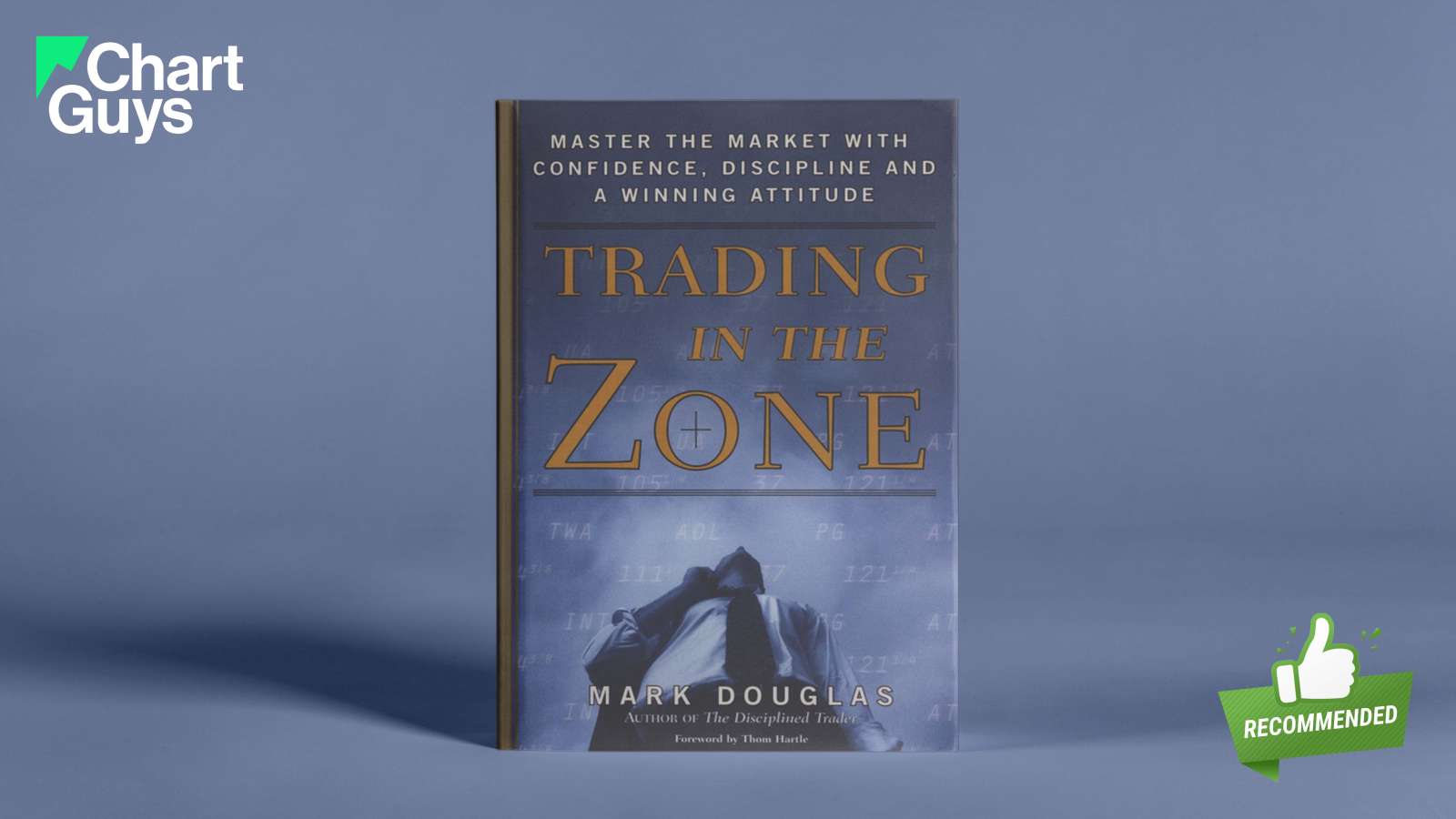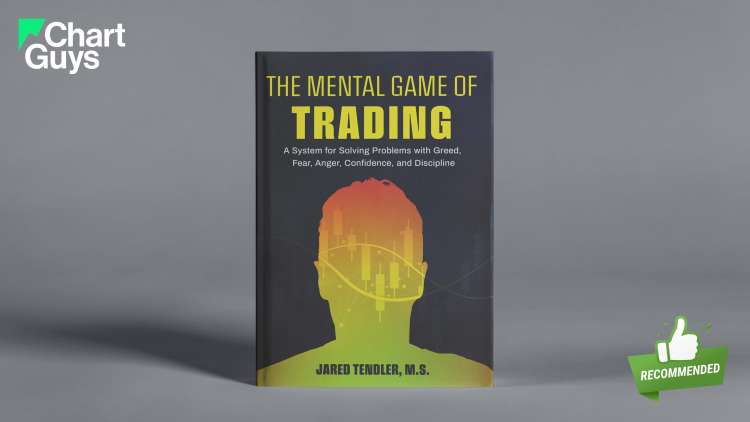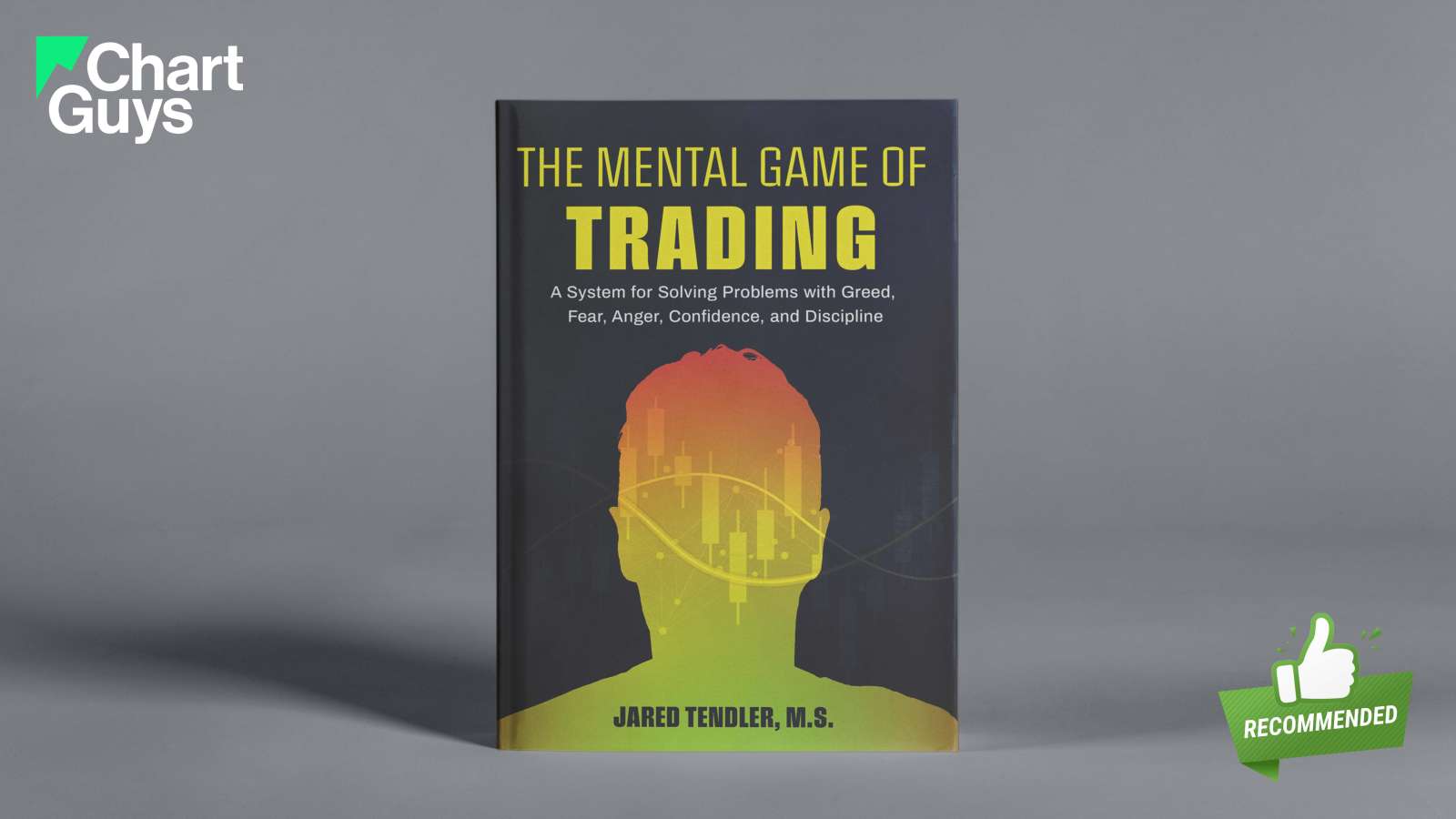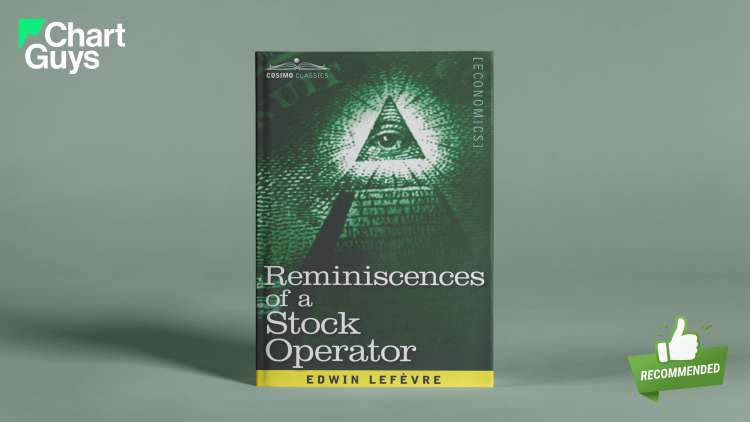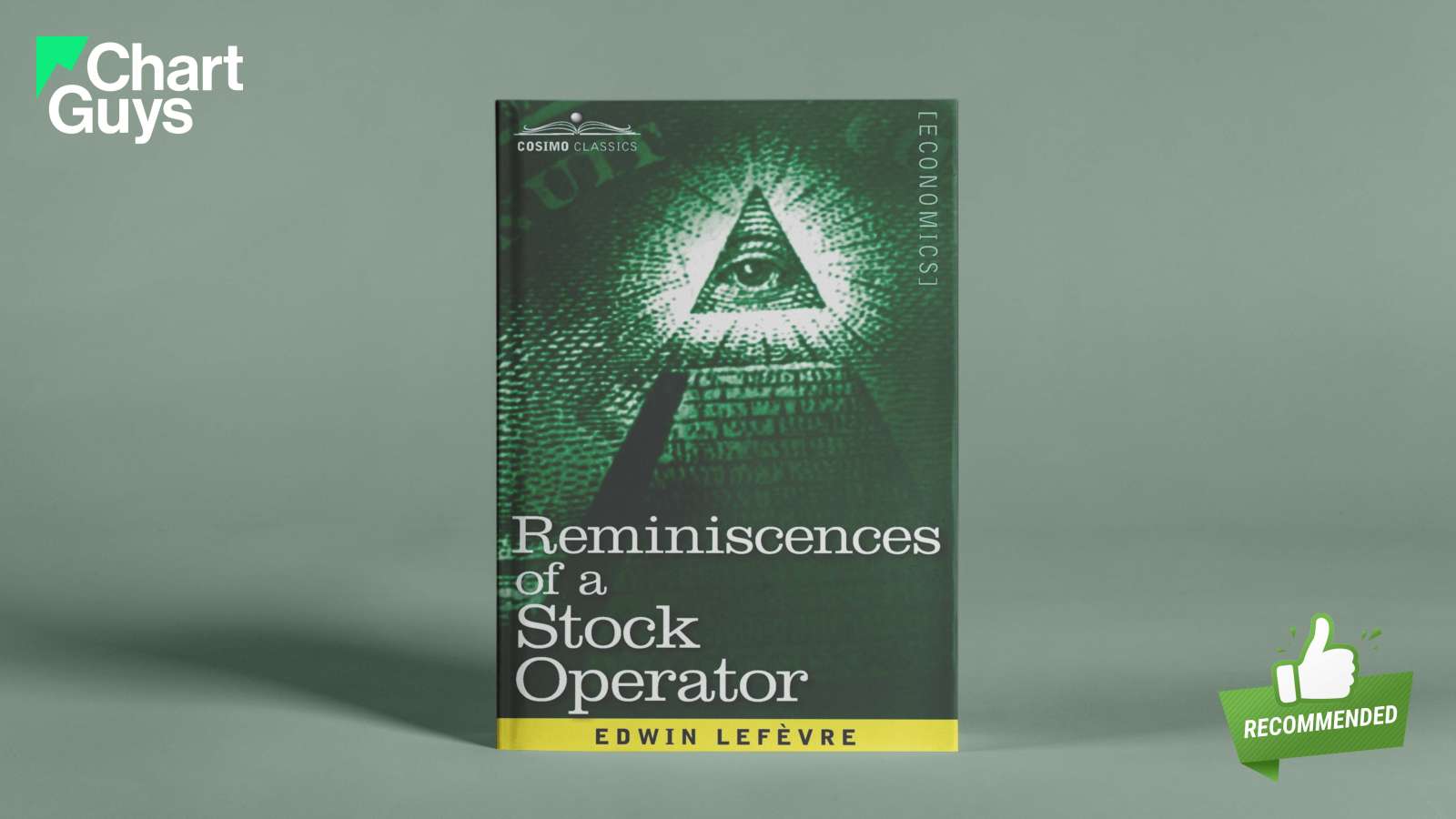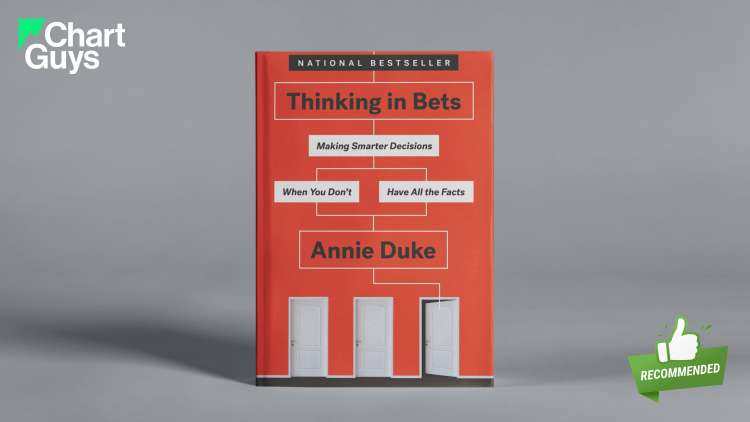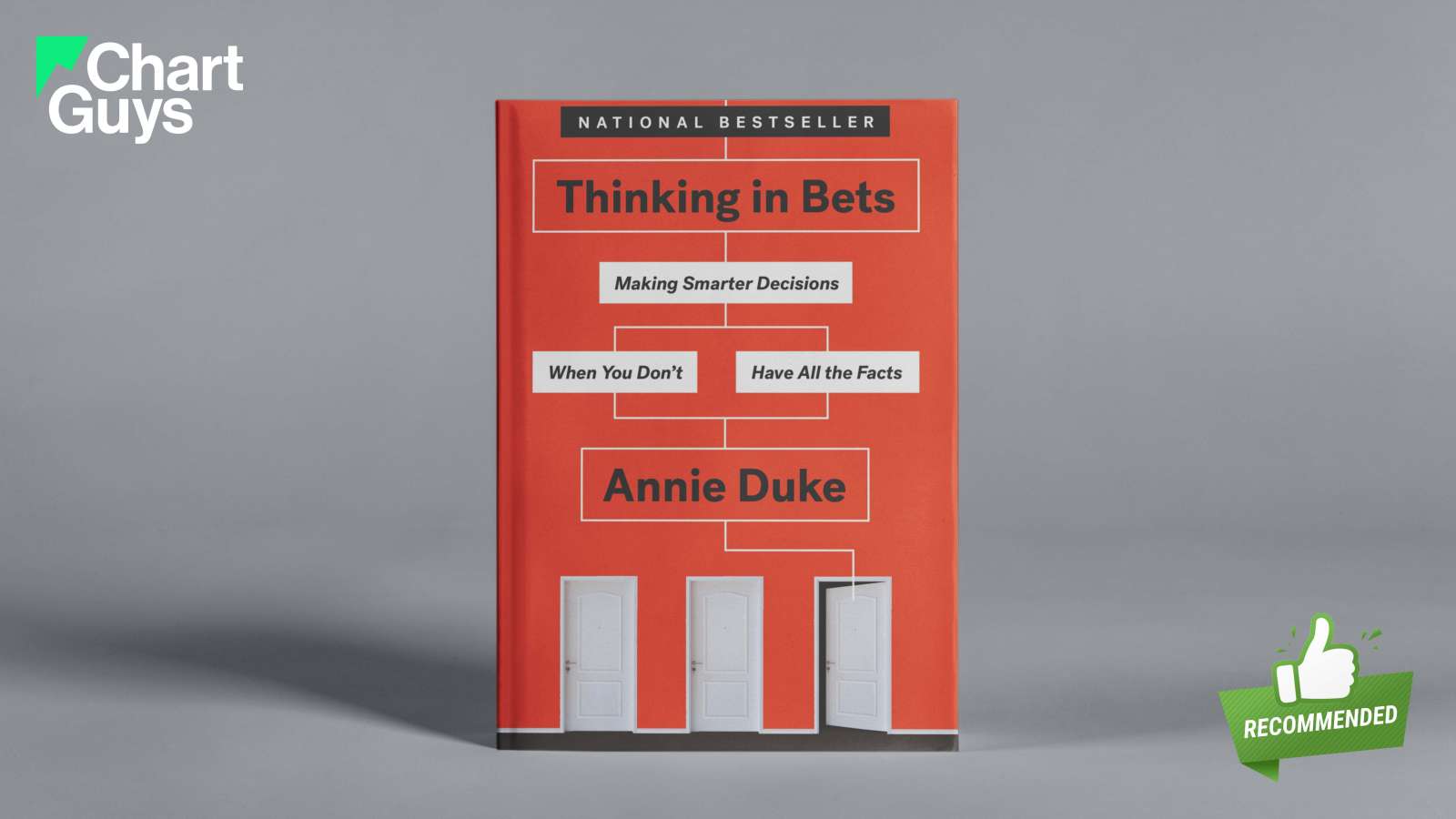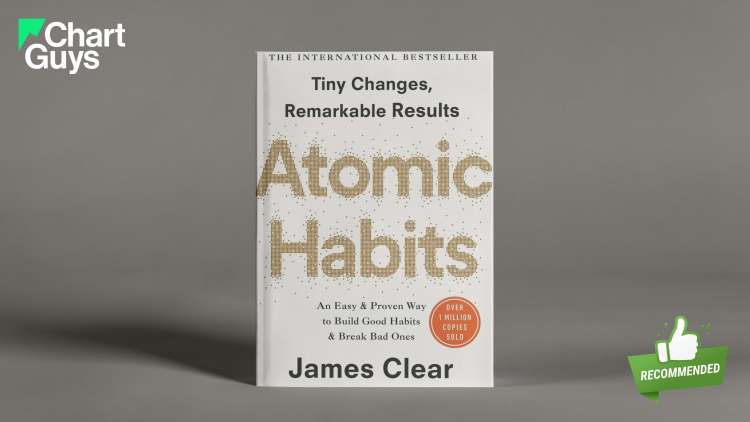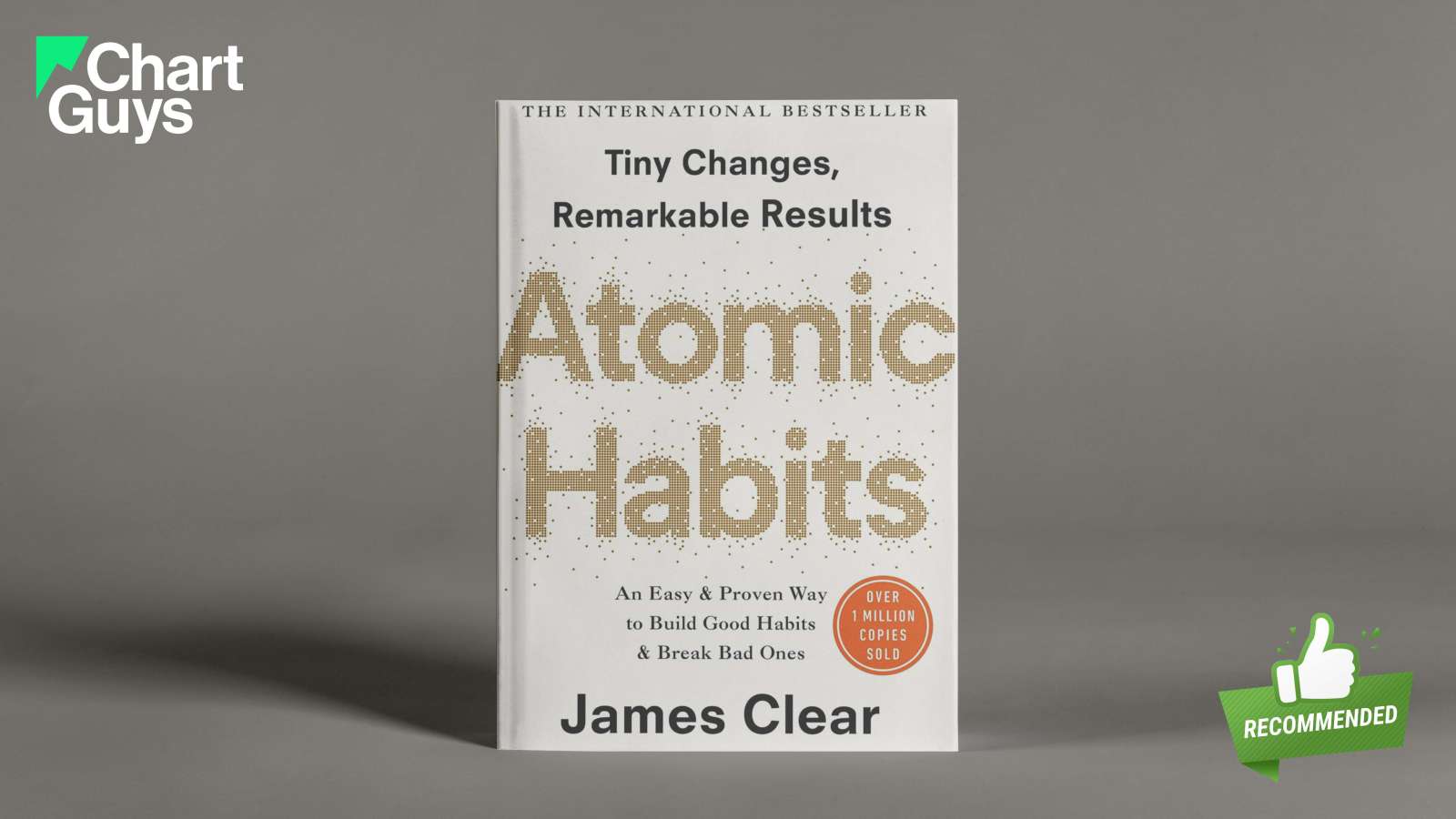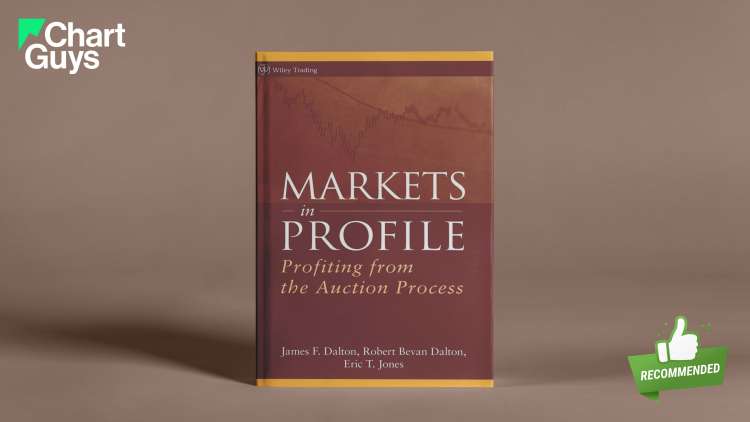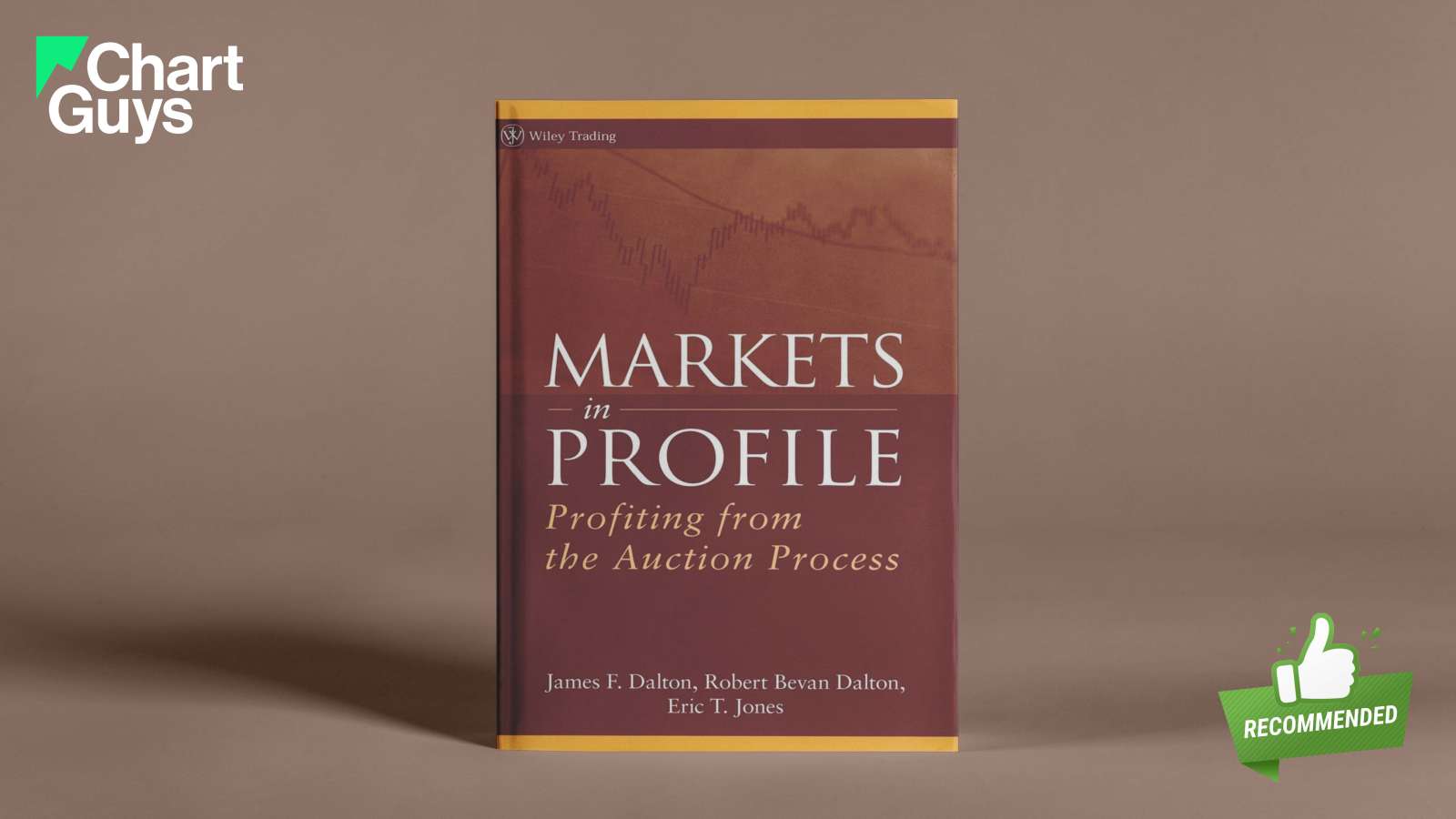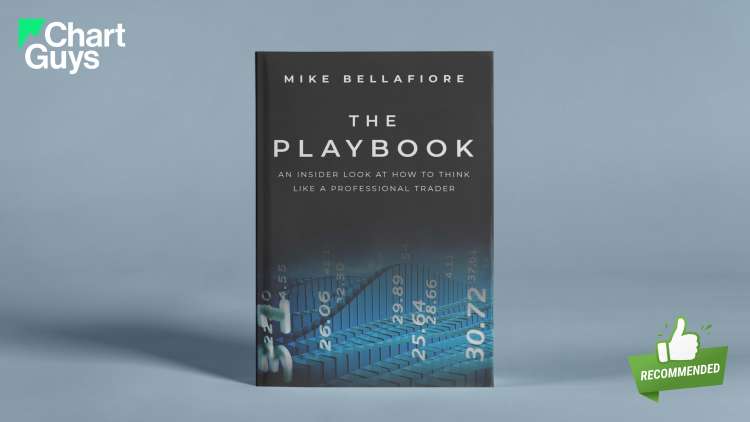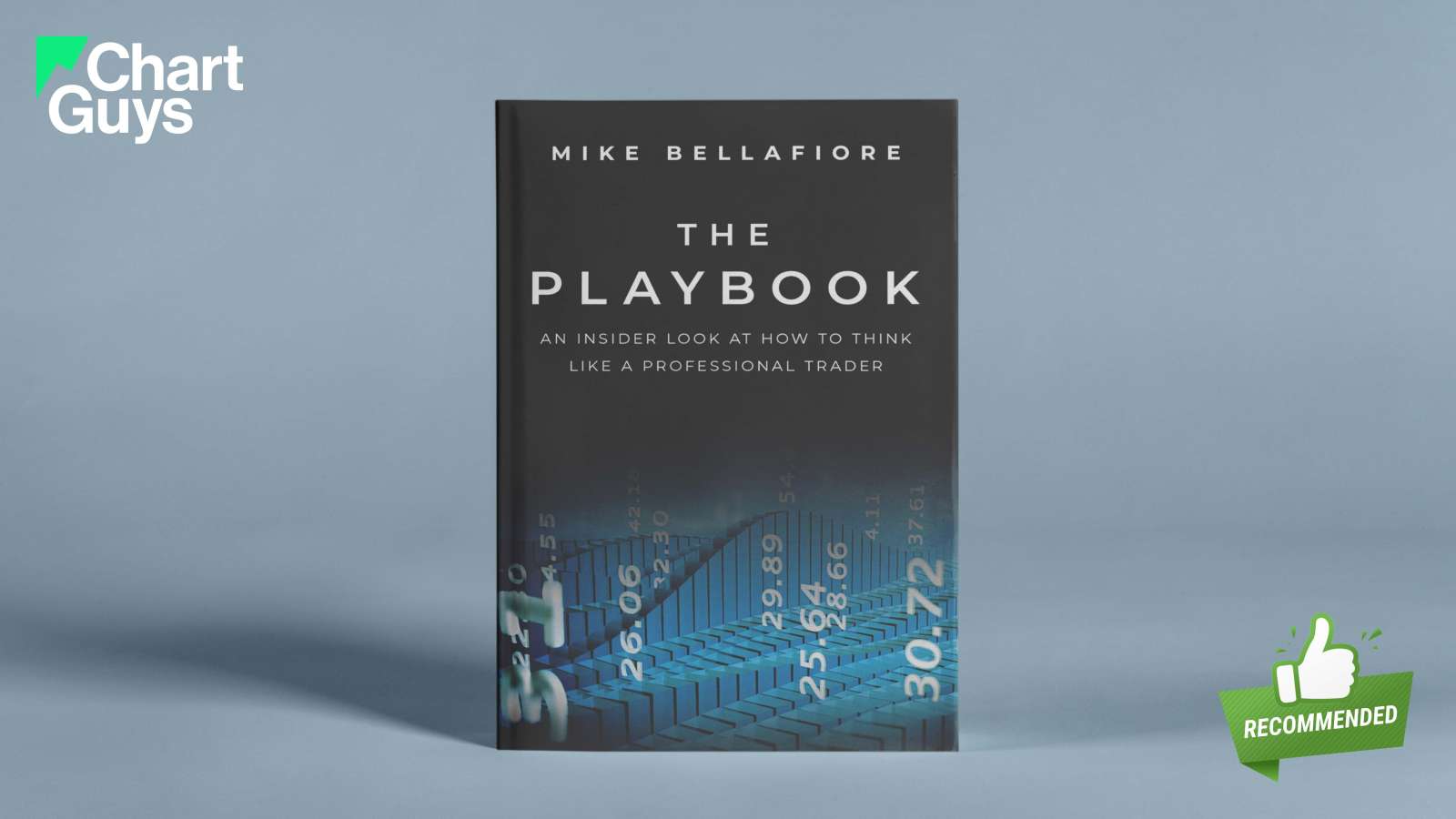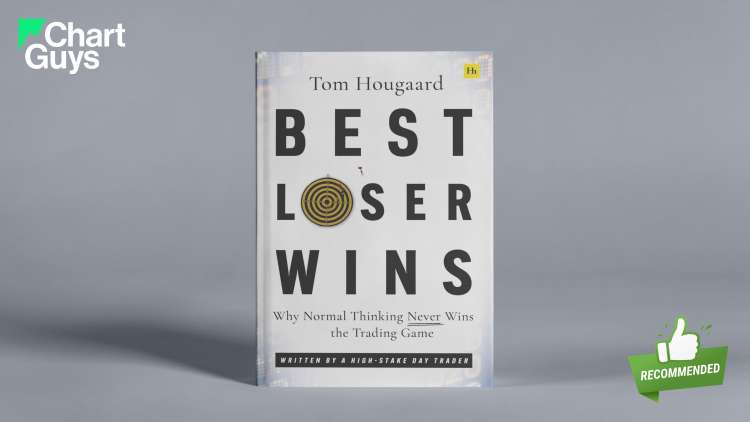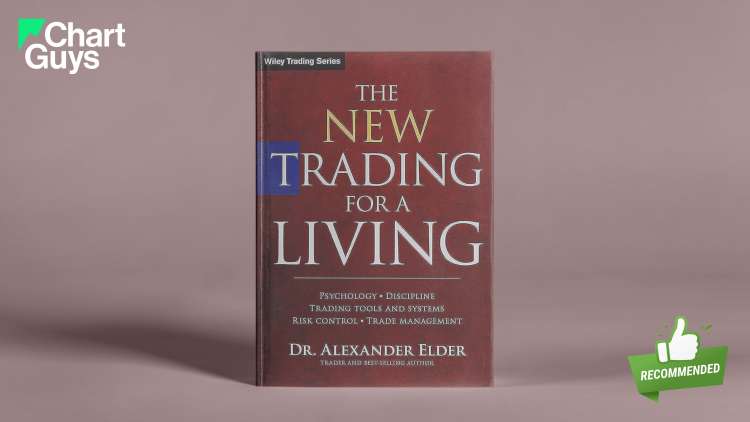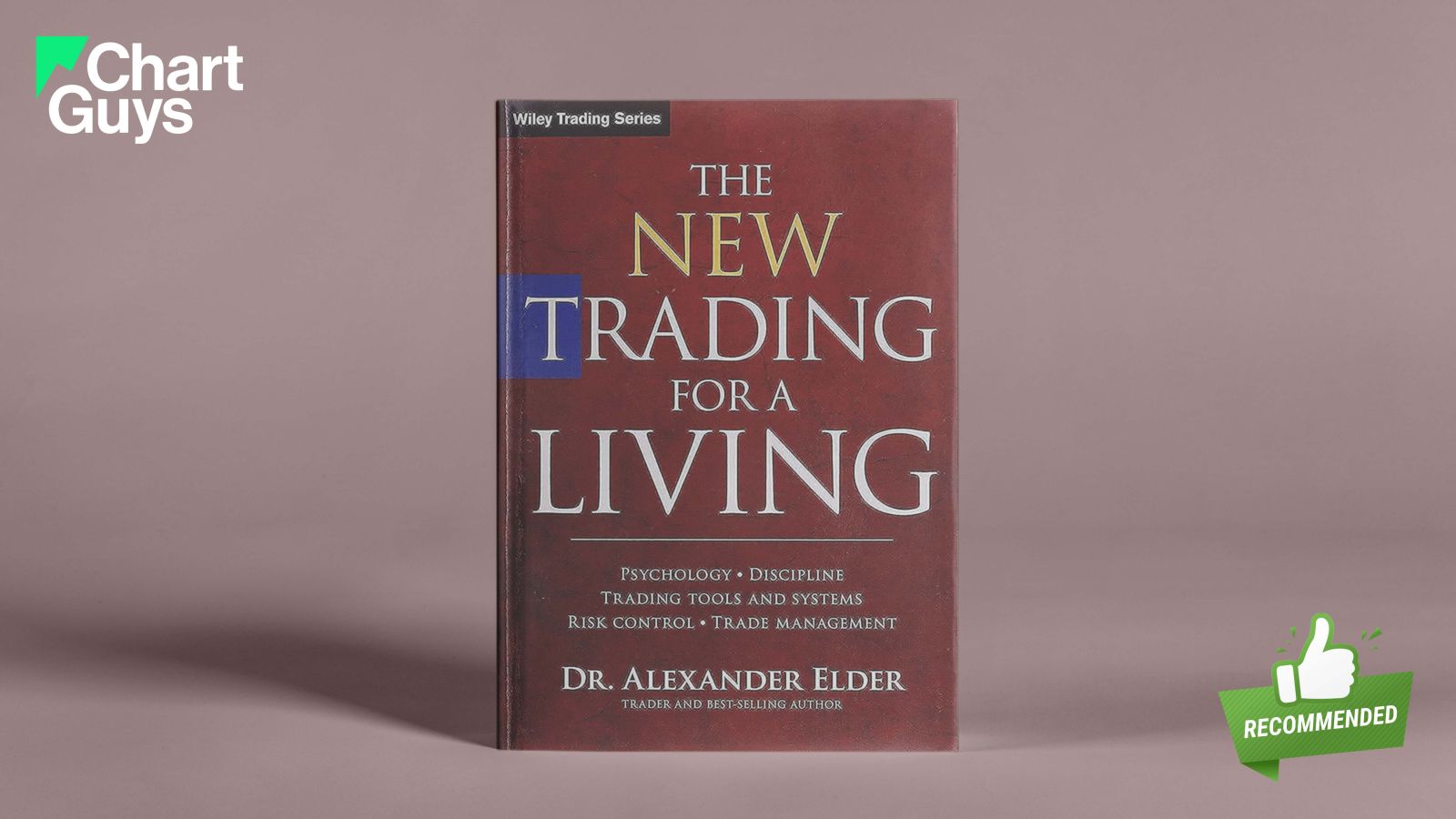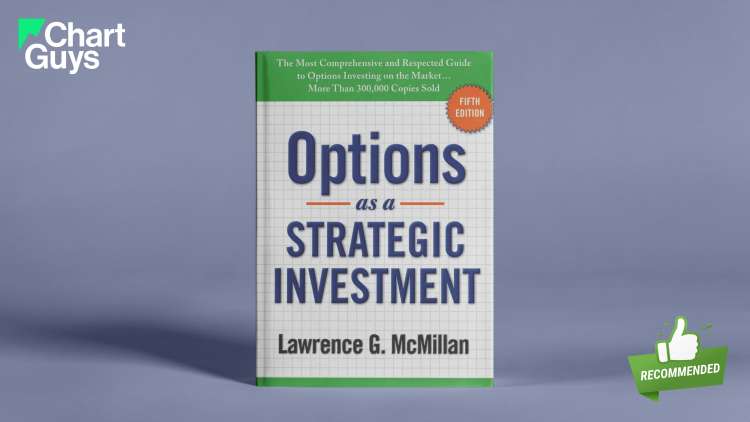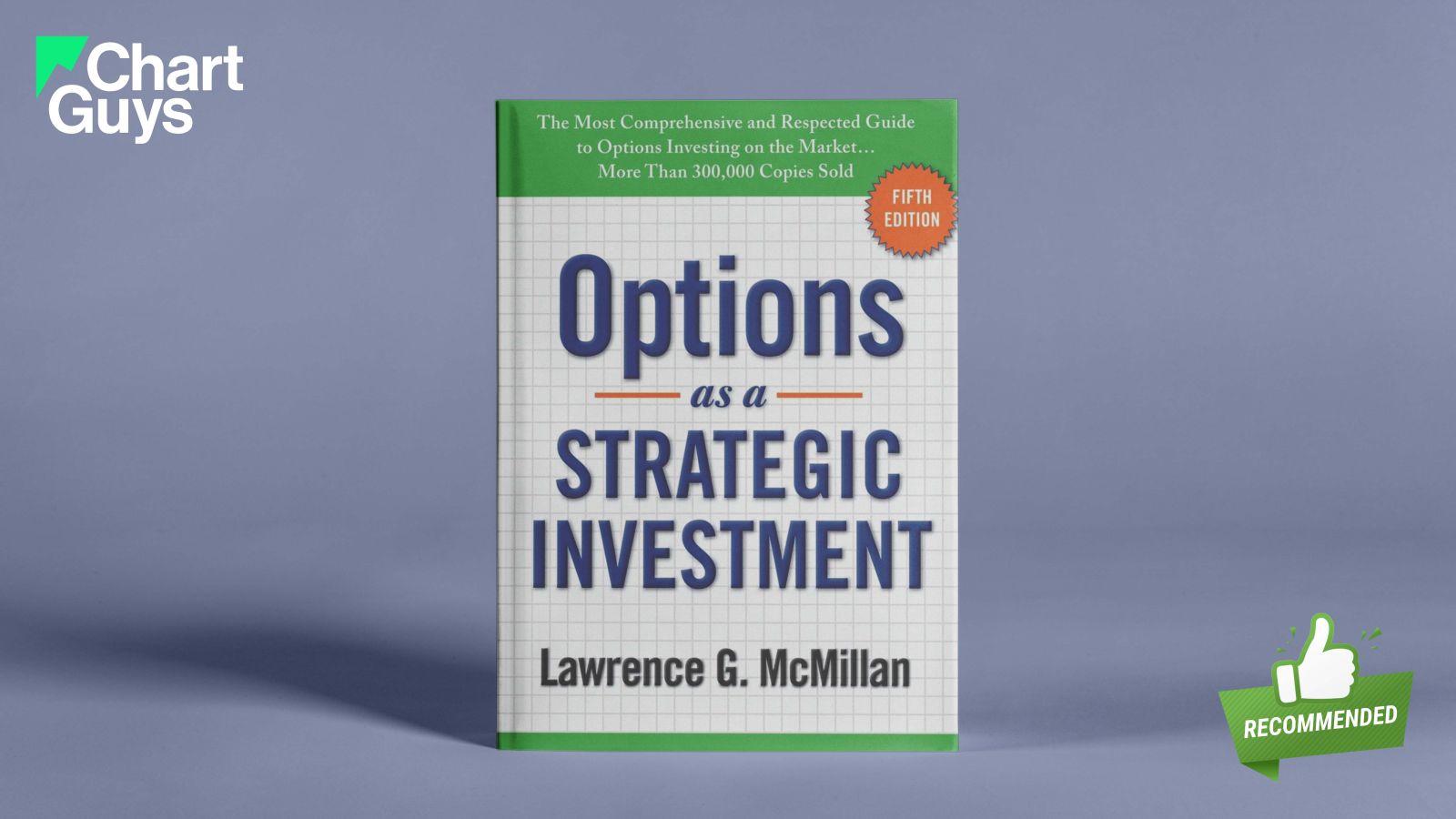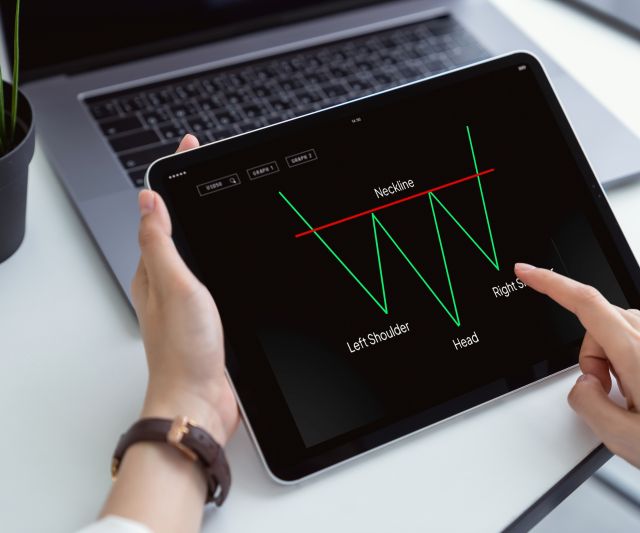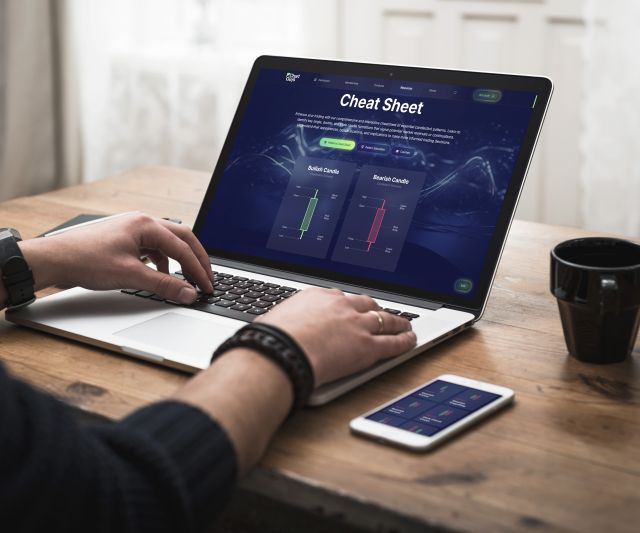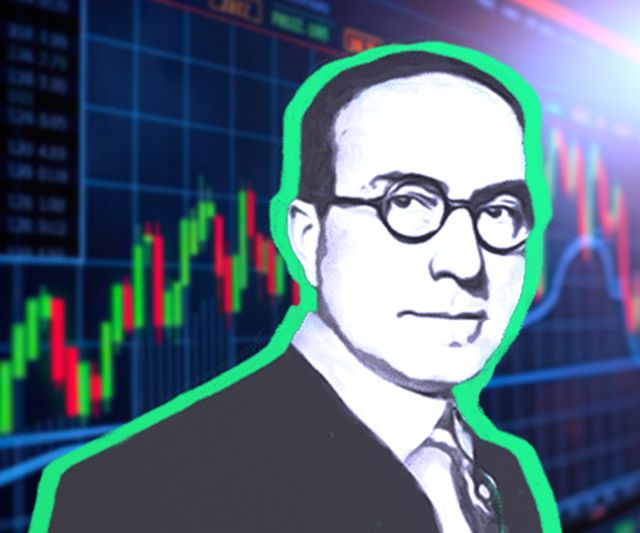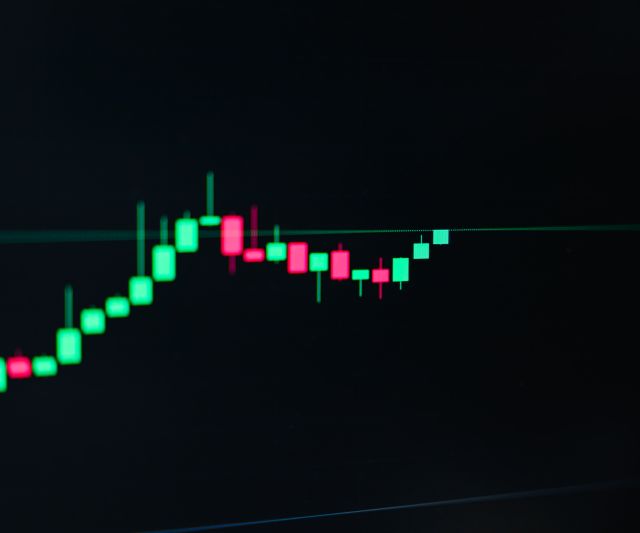The Top 10 Best Trading Books!
Trading books play an important in the lives of traders, offering invaluable knowledge and advice that can enhance their trading strategies.
These books are resources that guide traders in identifying profitable swing trading setups. By learning from the shared experiences and strategies traders can gain insights into recognizing potential entry points and making well-informed decisions.
Trading books also offer valuable information on exit points, which is a key aspect of trading. Understanding when to exit a trade can make a big difference in profitability. These books provide traders with effective exit strategies, enabling them to maximize their gains and limit their losses.
Investment strategies are another important topic covered in these books. Traders can learn different approaches to investing and develop a systematic approach to trading. By incorporating proven strategies outlined in these books, traders can improve their trading skills and increase their chances of success.
Managing assets and investments is also important, especially for part-time traders with multiple responsibilities. Trading books offer valuable advice on efficient asset management, risk management, and portfolio diversification. These books provide flexible approaches and techniques that can be implemented within limited time constraints. By following the actionable advice given in these books, part-time traders can optimize their trading performance and increase profitability.
Basically, if you are looking to expand your knowledge of the financial markets and continue down the path of personal excellence and trading success, we encourage you to check out these books!
Trading in the Zone – Mark Douglas
“We have to be careful about what we project out into the future, because nothing else has the potential to create more unhappiness and emotional misery than an unfulfilled expectation.”
Trading in the Zone is probably the number one go to read for mindset and the markets. It is an easy read that resonates with most traders because it encompasses a lot of the mental struggles traders go through with how they approach the markets, the fears they have and the tribulations they go through while learning to execute trade strategies.
Addressing our fears, and the inherent dissonance that attracts a trader to the market, Trading in the Zone helps traders accept the emotions associated with trading, and help create a set of rules and guidelines with which to succeed. The author delves into multiple models of mental state. Conflicting beliefs, addressing varying fears about the markets and ourselves. All of these put together for the framework for how the individual trader can assess their own mental state and adapt to the needs of the trader over the fears and desires of the individual.
Traders really enjoy how understood they feel while reading this book, it really resonates with the set of emotional highs and lows they experience. Trading in the Zone also really puts into perspective for most traders what they must accept about the markets and themselves in order to succeed. Many traders even re-read Trading in the Zone at various times throughout their journey, and often say they learn something new each time. Trading in the Zone is accessible to all levels of experience in the markets.
The Mental Game of Trading – Jared Tendler
“The problem is that because of variance, monetary results alone are unreliable measures in the short term of how you played”.
Trade like a robot. Often an expression amongst traders is to completely remove emotions from the trading equation. In the Mental Game of Trading, Tendler takes a different approach, and instead teaches traders how they can use their emotions as signals and clues to instead improve their trading.
The Mental Game of Trading uses an inchworm approach to trading, seeking to incrementally and consistently improve and execute your best strategies, while also seeking to mitigate losses by identifying and systematically removing your worst features. Using a simple approach to separate our trades in A B and C setups we can quickly map our best strategies, and our best mindsets into repeatable endeavors.
By using our emotions as a guide, rather than trying to suppress them, we can analyze and address our best and worst trading days, and then seek to replicate the best ones, and avoid mistakes when we have the makings of a bad day. Traders learn the tools to map their own fear and greed to execute even better in the markets.
Traders enjoy how this book allows them to apply logic to their emotions and analyze them and work through them. The introspection also helps traders to get off tilt - an emotional state that allows people to trade aggressively while making a lot of mistakes. This book is appropriate for all trading levels of experience.
Reminiscences of a Stock Operator – Edwin Lefèvre
“There is nothing like losing all you have in the world for teaching you what not to do. And when you know what not to do in order not to lose money, you begin to learn what to do in order to win.”
A fictional piece of writing based on the legendary trader Jesse Livermore, Reminiscences of a Stock Operator is one of the favorites amongst traders. Through its story telling following the life of a trader in the early 1900s, it highlights the highs and lows, gains and losses, being right and still being wrong, of a tape reading trader.
One of the things people like about this book is the story telling. Unlike many trading and self-help books that delve into research or more lecture-like concepts, this one brings you through the lessons of market psychology, the highs and lows experienced by many traders carry you through the story, absorbing the reader in the emotions of the trader. This book teaches the lessons of hype, patience, struggle, timing and momentum.
Ultimately Jesse Livermore lost his fortune and committed suicide. A cautionary tale for both greed and risk management, because being right at the wrong time is still being wrong.
Thinking in Bets: Making Smarter Decisions When You Don’t Have All the Facts – Annie Duke
“The secret is to make peace with walking around in a world where we recognize that we are not sure and that’s okay. As we learn more about how our brains operate, we recognize that we don’t perceive the world objectively. But our goal should be to try.”
Annie Duke is a poker player turned consultant, who analyzes process based decision making. Using her years of experience in analyzing the probabilities in poker hands, she teaches how to embrace uncertainty and make the best decisions possible with available information. If a poker hand has a 75% win rate, and you lose, it doesn’t mean you made the wrong choice to play the hand. But our biases and our minds will trick us into thinking we should make decisions based on one time results, not based on long term probabilities. In trading over the course of hundreds or thousands of trades, these biases based on single trade results can lead us to make poor decisions that ultimately lead to losses.
We don’t need 100% certainty all the time, and we can certainly never control for that in the markets. By changing our thinking to process based decisions over longer periods of time, we can alleviate some of the biases that cause us to make poor decisions.
Traders enjoy this book because it helps mitigate the fear of being wrong vs making the wrong decisions. Losing trades are inevitable in trading, but developing winning strategies over longer periods of time help traders manage risk, make good decisions and stay in the game for the long term. This book is appropriate for all levels of traders and is ideal for those who want to improve their outlook on uncertainty and fear through a data driven approach.
Atomic Habits – James Clear
“It is easy to get bogged down trying to find the optimal plan for change: the fastest way to lose weight, the best program to build muscle, the perfect idea for a side hustle. We are so focused on figuring out the best approach that we never get around to taking action. As Voltaire once wrote, ‘The best is the enemy of the good.’”
Not a book specifically about trading or the markets, Atomic habits is still a favorite amongst traders. As most traders ultimately realize, the discipline required in trading is also reflected in everyday life. To improve performance, health and overall productivity, Atomic Habits emphasizes the use of micro improvements day by day in order to drastically improve overall success.
This idea is based on the compound interest, one investors and traders are very familiar with. That compounding gains over time leads to exponentially higher gains than simple addition. Improving our habits by just fractional amounts every day can lead to greater success longer term than trying to take on big moves every day that eventually fizzle out.
One of Clear’s main techniques is called habit stacking, where people use their existing habits, making coffee, brushing their teeth, and workouts to add new useful habits that will increase their odds of continued success. A simple example would be leaving a glass by the sink in the bathroom, and improving your hydration by drinking a glass of water every time you already use the bathroom. Traders can use the same mentality and habits to increase the odds of success in their trading and actions. By trying to make small incremental improvements to their trading rather than periodically making big moves, or entirely adjusting strategies frequently in order to find the next big thing.
This book is suitable for beginners, and those looking to up their game through meaningful yet incremental habits.
Markets in Profile: Profiting from the Auction Process – James Dalton
Euphoria, greed, fear, patience anxiety. The market runs on human psychology charted over time. In Markets in Profile, James Dalton seeks to use the psychology and irrationality of market participants to create opportunity for investors.
Markets in Profile teaches a volume profile trading strategy, not a book on improving your mental game as a trader. However, the use of the psychology of the markets increases our potential to see things differently, to understand how investors and traders think and act in the face of emotion, and can improve our risk management and relieve our biases and emotional reactions.
Ultimately this is both a guide in understanding our own emotions as they relate to investing, and how we can use them to create a comprehensive trading strategy, as well as an understanding of auction theory, how participants in the markets position themselves through the reading of the buys and sells.
This book is a bit more advanced, and readers would do well to have an initial understanding of markets and technical analysis in order to get the most out of this book.
Although the book is very specific to market profile, traders who are not interested in the strategy of market profile still have much to learn from this book and its views of the overall perception of the market.
The Playbook – Mike Bellafiore
Written by the founder of SMB capital, The Playbook focuses on building and implementing a playbook for various market environments. This book is recommended for traders that already have a footing in the markets and a background in technical analysis. Both technical and personal, this book uses real world trade examples to show you how to analyze and refine your trading strategies to develop your own playbook. While it goes through examples of technical analysis, it is not a teaching system, rather it teaches you how to journal, reflect, learn and question your own strategies through the real world anecdotes of other traders in order to help you refine your trading.
Traders enjoy The Playbook because it helps them organize their trade setups, and create rules around them which helps improve overall execution and ultimately profitability. Beginners might have a bit more trouble with the density of the book, publishing quality and that it requires an underlying knowledge and fascination with the trading floor.
Best Loser Wins – Tom Hougaard
“Winning traders seem to be much more trusting of the prevailing trend. This attitude adjustment may seem trivial, but it literally makes the difference between the winning trader and the losing trader.”
In Best Loser Wins, Hougaard focuses on the leap required to go from understanding technical analysis to becoming a good trader via understanding execution. The underlying messages of the book are that A) without the ability to let go of biases, and execute according to what the market gives you, you will likely be in a constant cycle of searching for the next best thing, constantly “learning” your way to frustration in trading, and B) that we often do most things as a way to avoid pain. He recognizes that most people spend their lives learning, but to become a truly successful trader, you must spend your time doing, experiencing, facing your fears and leveling up.
Traders resonate with some of the tools and analogies Hougaard uses in his book that provide strong visual cues. The first where he pins charts of previous trading mistakes above his setup as a reminder of what can go wrong. The second is his analogy of trading with surfing: “When you are out there, sitting outside the impact zone, waiting to paddle in, you don’t paddle when there are no waves. You are patient. When the right size waves builds up, you get ready. You are one with the sea. You roll with its flow. You surrender.”
Recognizing that our minds love visuals to hold on to, Best Loser Wins anchors these messages with visuals in order to help cement them into our learning.
Trading For A Living – Alexander Elder
“The desire for constant action irrespective of underlying conditions is responsible for many losses in Wall Street even among the professionals, who feel that they must take home some money everyday, as though they were working for regular wages.”
Differentiating itself from only the technical side, or only the mental aspect of trading, Trading for a Living attempts to do it all: teach market trends and strategies while also touching on discipline and psychology. An overview of all the aspects day traders will encounter on a day to day basis making a living from trading. Trading for a living dives into where the market spends its time, in ranges, and helps traders understand the strategic needs of developing patience and plays for where the market spends most of its time, and then how to capitalize on breakouts and breakdowns. Given that traders often feel pressured to be constantly working and clicking to make money, this book gives a real world look at the expectations of the market, and how those expectations hurt us, when they can be helping us find more profitable setups.
Trading for a Living is organized into 11 parts starting with trading psychology and journaling, then sliding into crowd psychology and how that translates into charting, trends, consolidation, supports, resistances and other indicators. Then finishes off with risk management and record keeping. There is even a study guide to help encourage you to test your knowledge. This text is a lot more dense and concept heavy than many of the other books, traders are encouraged to take it slow and take notes, not expecting to go through it all in one go as a quick read.
Options as a Strategic Investment – Lawrence McMillan
A very dense book of 1000+ pages this is a very technical and in depth book. This is for the very serious trader who wants to build a business in trading options and varying option strategies. And also to the interested investor keen on learning everything option related. It seeks to understand options, their underlyings, varying option strategies and be able to consistently grow in the options space. From understanding how options are priced, to how to pick options for your strategy this book covers it all and is considered the “Bible” of options trading. Not recommended for beginners.
Wrapping it Up
The list of our favorite books isn't the extent, rather its the beginning of the many different resources that have influenced our trading over the years. We hope that you enjoy a few of these titles and would love to hear about any other books you may recommend. Good luck and good trading!



